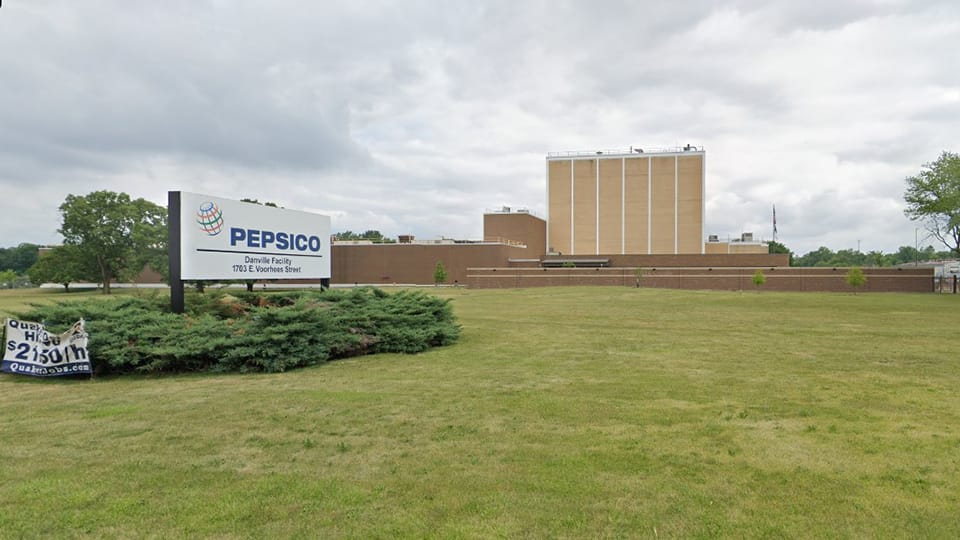Salmonella festered for years at factory in oats recall, regulators say
Subscriber Benefit
As a subscriber you can listen to articles at work, in the car, or while you work out. Subscribe Now
The PepsiCo Inc. factory that sparked a massive recall for its Quaker Oats brand came after the company let salmonella fester at the facility for as long as four years, according to US regulators.
Quaker Oats shut down its plant in Danville, Illinois—about five miles from the Indiana border—in April, but the Food and Drug Administration told the company last month in a warning letter posted online Tuesday that the closing might not be enough to stop the contamination from happening at its other facilities.
PepsiCo didn’t immediately respond to a request for comment.
The recall, which started late last year and included 22 million cases of Quaker Chewy Bars, has continued to weigh on Pepsi’s results. Sales in the first quarter at the Quaker Foods North America division sank 24% to $593 million. The company, which generated about 3% of its total sales from that unit last quarter, has said the recall’s impact would persist through at least the first half of the year.
The company found a granola bar at the Illinois factory that tested positive for salmonella in November, according to the FDA’s letter. More than two weeks later, a PepsiCo lab confirmed the finding, and the company began to recall products on Dec. 14. The company said in the recall notice that salmonella “can cause serious and sometimes fatal infections in young children, frail or elderly people, and others with weakened immune systems.”
FDA inspectors arrived at the Illinois facility a few days after the recall started and found salmonella in a crack in the floor where food residue was present. The company then acknowledged it had found that same strain of salmonella in its facility since at least 2020, the letter says. These findings may indicate that the salmonella may have survived since then, the FDA wrote.
The company had found the same kind of salmonella while swabbing various parts of the factory 13 times since June 2022, according to the FDA. The swabs are part of routine testing meant to check the quality of products made there. Employees cleaned and sanitized the area but never identified the source of the contamination. The FDA told the company to identify whether more needed to be done at its other factories to prevent such persistent contamination.
